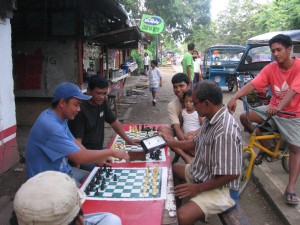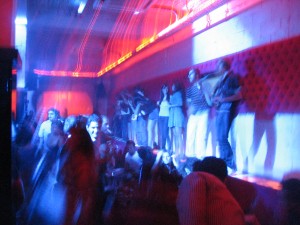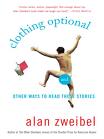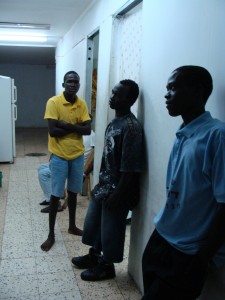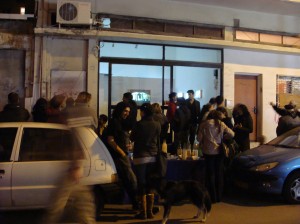
The Jerusalem Post, December 26, 2008
Slapped over the graffiti and posters that decorate an abandoned building on otherwise glossy Dizengoff is an advertisement – in plain typeface on plain white paper – for “Desert Life,” the first exhibition of a new artists’ collective. The homegrown advertisement mirrors both the space and the spirit of the exhibition, it is do-it-yourself. Just steps away from Rothschild Boulevard’s art scene, which has been abuzz with international attention, this group of artists is attempting to carve out their own space both literally and figuratively.
Entering the exhibition on Herzl Street is a bit of a surprise – one doesn’t expect to encounter dirt floors, plants dripping from overhead balconies, and the sounds of people going about their daily lives in an art gallery. Chick Corea drifts down into the gallery, resonating between the walls. This clearly isn’t an ordinary space, but that’s the point.
Hidden from view, in the ground floor courtyard of a building noted for having Tel Aviv’s first elevator, a few people are milling about – passersby drawn in by the banner that is draped over the façade of this quintessentially Tel Aviv building. Everything about this exhibition speaks to the fact that it stands apart from the bubble of the mainstream art world.
